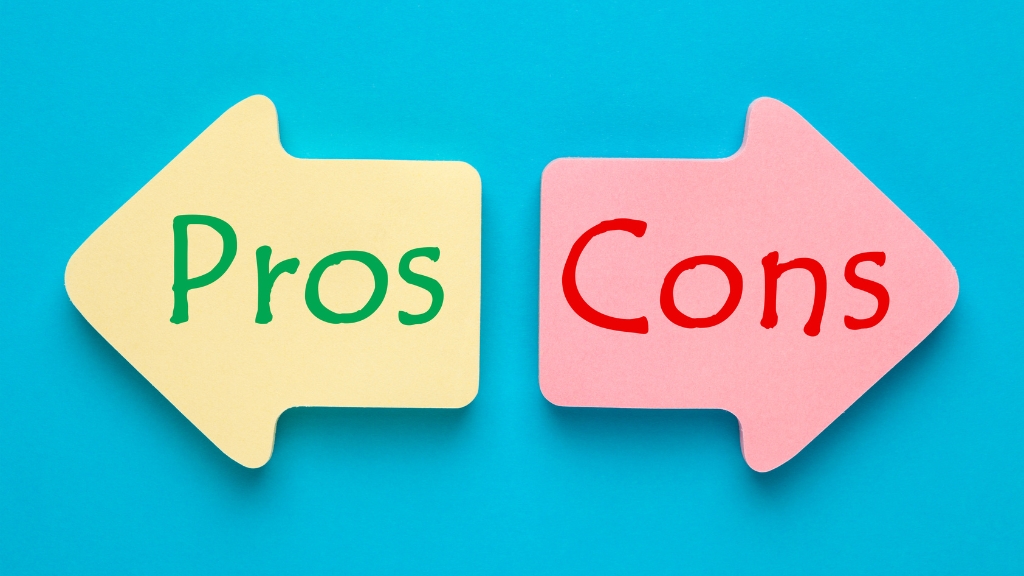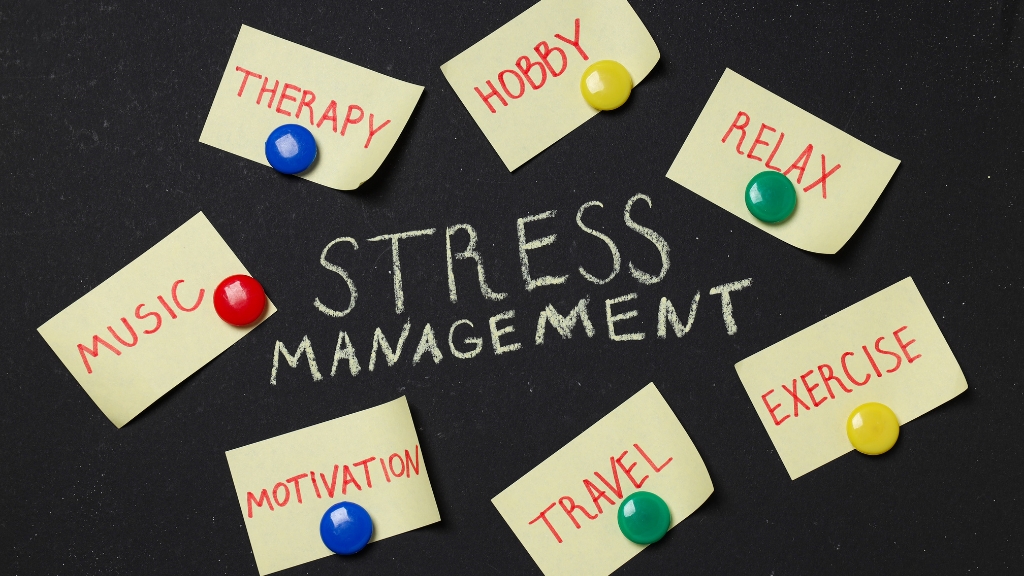
The Power of Counseling: How Therapy Transforms Lives
In today’s fast-paced and often stressful world, mental health challenges are becoming more common than ever. From anxiety and depression to relationship struggles and personal crises, individuals across the globe are facing a variety of emotional and psychological issues. Yet, many still hesitate to seek help, often due to stigma, fear, or uncertainty about the process. Counseling, or therapy, can change lives, offering a safe space for individuals to explore their emotions, gain clarity, and work towards healing. In this article, we’ll explore the transformative power of counseling and how it can positively impact individuals and their overall well-being.
What is Counseling?
Counseling is a therapeutic practice that involves talking to a trained mental health professional, such as a counselor, psychologist, or therapist, to address emotional, psychological, or behavioral issues. It provides a safe, confidential space where individuals can express their feelings, explore their thoughts, and receive guidance on navigating life’s challenges. There are various types of therapy, including cognitive-behavioral therapy (CBT), psychodynamic therapy, humanistic therapy, and more, each with a unique approach to helping individuals understand their emotions and behaviors.
The Transformative Power of Therapy
- Providing a Safe Space for Self-ExpressionOne of the most potent aspects of therapy is the opportunity it provides for self-expression. Many people struggle to open up about their feelings due to fear of judgment or a lack of understanding of their own emotions. Therapy offers a judgment-free zone where individuals can openly share their thoughts, fears, and concerns. This openness can be incredibly cathartic and is often the first step towards emotional healing.
- Improving Emotional Awareness and UnderstandingCounseling helps individuals increase their emotional awareness, allowing them to understand the root causes of their feelings better. For example, someone dealing with anxiety may uncover underlying fears, past trauma, or negative thought patterns that are contributing to their current struggles. Gaining insight into these emotions can empower individuals to make healthier choices and develop healthier coping mechanisms.
- Equipping Individuals with Coping Skills Therapy is not just about talking through issues; it’s also about learning how to deal with life’s challenges. Counselors and therapists teach individuals various coping strategies to manage stress, anxiety, depression, and other emotional struggles. Techniques such as mindfulness, relaxation exercises, and cognitive restructuring are commonly used to help individuals regain control over their emotions and reactions. These tools can be life-changing, offering lasting solutions for managing future challenges.
- Improving RelationshipsWhether it’s a romantic relationship, family dynamics, or friendships, counseling can have a profound impact on relationships. Therapy can help individuals better communicate, resolve conflicts, and set healthy boundaries. Couples therapy, for example, can help partners understand each other’s needs, improve communication skills, and strengthen their bond. Similarly, family therapy can help resolve communication, parenting, and conflict resolution issues.
- Promoting Personal Growth and Self-EsteemCounseling encourages self-reflection and personal growth. As individuals explore their emotions and experiences, they often gain a deeper understanding of themselves, their values, and their strengths. This self-awareness can lead to increased self-esteem and confidence. For many, therapy is a journey of self-discovery that empowers them to make positive changes in their lives, pursue their goals, and overcome obstacles that may have previously held them back.
- Breaking Negative CyclesMany individuals find themselves trapped in negative thought patterns or unhealthy behaviors. Whether it’s a tendency toward self-sabotage, destructive habits, or repeated cycles of anxiety and depression, therapy can help break these patterns. Through various therapeutic techniques, individuals can learn to recognize and challenge these negative cycles, ultimately fostering healthier thinking and behavior.
- Addressing Trauma and Healing from the PastOne of the most profound ways counseling can transform lives is by helping individuals heal from trauma. Whether the trauma stems from childhood abuse, loss, or other distressing events, therapy provides the tools needed to process and heal these emotional wounds. Trauma-focused therapies, such as Eye Movement Desensitization and Reprocessing (EMDR) or trauma-focused cognitive-behavioral therapy (TF-CBT), are explicitly designed to help individuals overcome the effects of past trauma and rebuild a sense of emotional stability.
- Providing Ongoing Support and AccountabilityUnlike friends and family, counselors offer professional, unbiased support. For many, having a therapist provides a sense of accountability and a consistent source of emotional guidance. This ongoing support can be crucial for maintaining mental health and well-being, especially during difficult times. Whether it’s coping with life transitions, managing stress, or overcoming mental health challenges, therapy can be a constant source of support throughout one’s journey.
How Therapy Improves Mental Health and Well-Being
- Reducing Symptoms of Anxiety and Depression
- Studies have shown that counseling and therapy can significantly reduce the symptoms of anxiety and depression. Through evidence-based therapeutic techniques, individuals can learn how to manage their emotions, reframe negative thought patterns, and break free from cycles of sadness, fear, and worry.
- Enhancing Overall Well-Being
- Beyond treating mental health conditions, therapy can improve overall well-being. Individuals who seek counseling often report feeling more at peace, more emotionally balanced, and better equipped to handle the challenges life throws at them. Therapy enhances one’s ability to cope with stress, improve self-regulation, and foster more positive relationships, improving quality of life.
- Supporting Emotional Healing After Loss or Grief
- Grief is an intense and profoundly personal emotion, and it can be challenging to navigate on one’s own. Counseling provides a space for individuals to process their grief and find ways to heal. Whether it’s the loss of a loved one, the end of a relationship, or a significant life change, therapy can help individuals cope with their grief and begin to move forward.
- Helping with Addiction Recovery
- For individuals struggling with addiction, counseling plays an essential role in the recovery process. Therapy provides a safe environment to explore the root causes of addiction, such as trauma, anxiety, or depression, and helps individuals develop healthier coping mechanisms. Counseling can also help individuals build a robust support system and prevent relapse.
The Importance of Seeking Help
Despite the numerous benefits, many people still struggle with seeking counseling due to stigma or misconceptions. However, therapy is not just for those with severe mental health issues. It can benefit anyone who feels overwhelmed, lost, or stuck. If you’re dealing with stress, relationship issues, self-esteem challenges, or past trauma, therapy can help you understand your emotions, set healthy goals, and improve your overall well-being.
If you are considering counseling, finding a therapist or counselor with whom you feel comfortable is essential. Building trust is critical to a successful therapeutic relationship. Remember, seeking help is a sign of strength, not weakness, and it’s never too late to start your journey toward emotional healing.
Conclusion
The power of counseling lies in its ability to guide individuals through emotional challenges, promote personal growth, and improve mental health. Whether it’s overcoming trauma, managing anxiety, improving relationships, or gaining self-awareness, therapy offers a roadmap for change and healing. By providing individuals with the tools and support they need, counseling transforms lives, empowering them to control their mental and emotional well-being. If you or someone you know is struggling, remember that therapy can be a decisive step toward a healthier, happier life.
FAQs
Q: How do I know if I need counseling?
A: If you’re feeling overwhelmed, struggling with anxiety or depression, experiencing relationship issues, or dealing with unresolved trauma, therapy can help provide guidance and support.
Q: How long does therapy take?
A: The duration of therapy depends on individual needs and goals. Some individuals may benefit from short-term treatment, while others may need longer-term support for more profound issues.
Q: Is counseling confidential?
A: Yes, counseling is confidential. Therapists are bound by ethical guidelines to protect your privacy, although there are exceptions if there’s a risk of harm.
Q: Can therapy change my life?
A: Yes, therapy has the potential to transform your life by providing the tools to manage emotions, improve relationships, and heal from past trauma.
Leave a Reply
- AI in Diagnostics: Revolutionizing Early Detection and Accuracy
- How AI and Advanced Analytics Are Transforming Healthcare Outcomes
- Investing with Confidence: The Role of ROI Calculators
- How ROI Calculators Drive Data-Driven Business Strategies
- The Ultimate Guide to ROI Calculators for Business Success
- Making Sense of ROI Calculators: A Comprehensive Guide
- June 2025 (1)
- May 2025 (1)
- October 2024 (2)
- September 2024 (31)
- August 2024 (31)
- July 2024 (27)
- June 2024 (28)
- May 2024 (30)
- April 2024 (33)
- March 2024 (23)
- February 2024 (29)
- January 2024 (3)
- December 2023 (47)
- November 2023 (36)
- October 2023 (23)
- September 2023 (2)
- June 2023 (2)
- May 2023 (13)
- April 2023 (1)




